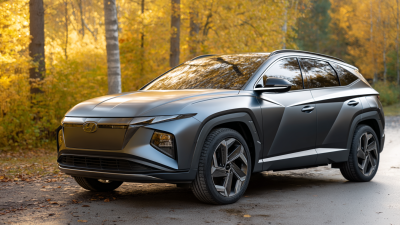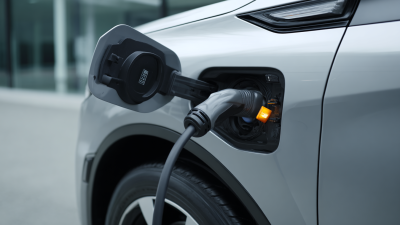As the automotive industry rapidly evolves toward sustainable transportation, fully electric SUVs are rising to prominence, offering not just eco-friendliness but also advanced technology and performance. According to a recent report from the International Energy Agency, global sales of electric vehicles, including fully electric SUVs, are projected to surpass 15 million units by 2025, highlighting an increasing consumer preference for electric mobility.
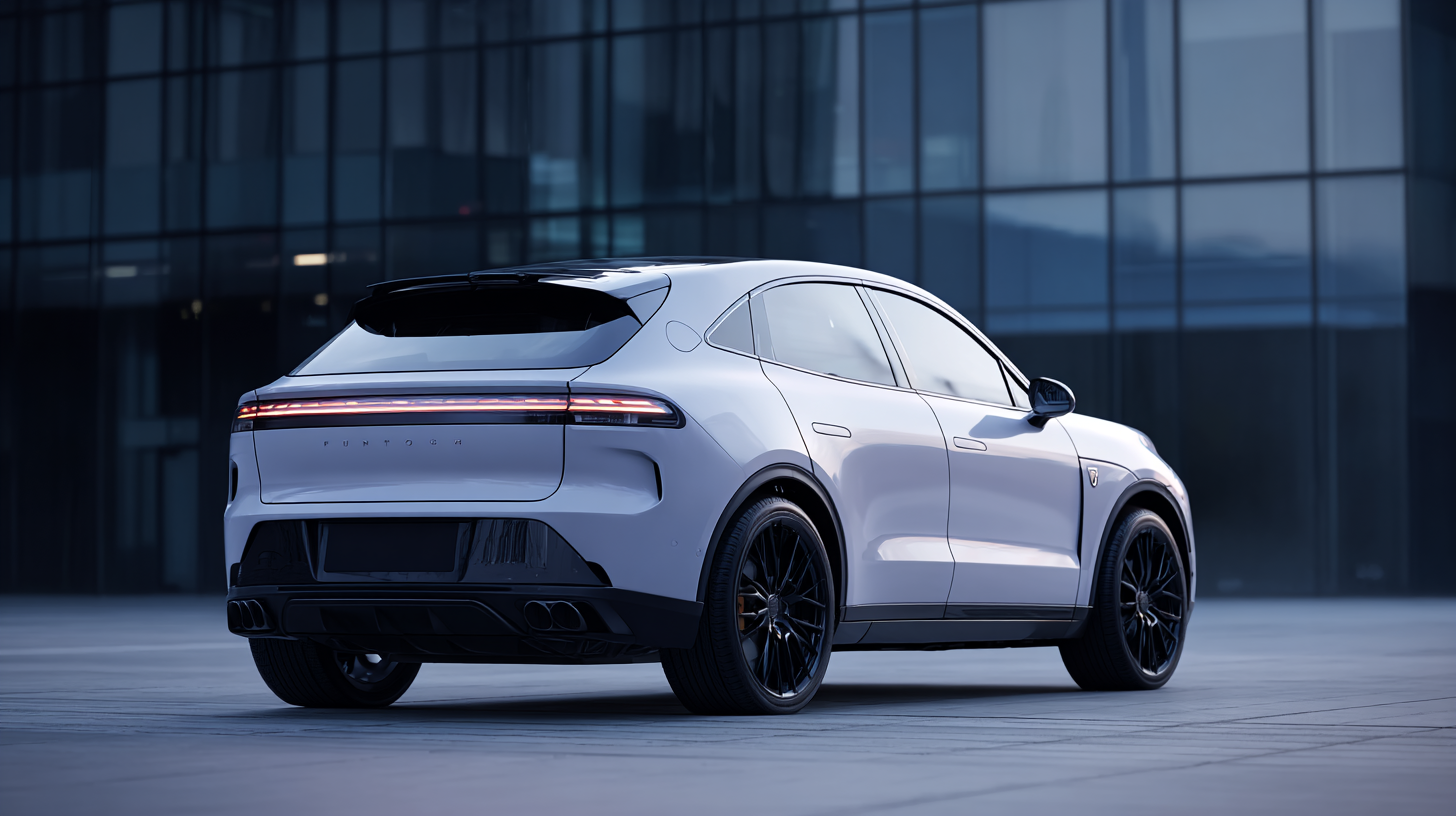 Additionally, a study by Bloomberg New Energy Finance indicates that fully electric SUVs are expected to dominate the market, driven by improvements in battery technology and charging infrastructure. With diverse offerings from established manufacturers and newcomers alike, selecting the best fully electric SUV tailored to your specific needs can be challenging. This article aims to provide insights based on industry trends and expert analyses, empowering potential buyers to make informed decisions in this evolving landscape.
Additionally, a study by Bloomberg New Energy Finance indicates that fully electric SUVs are expected to dominate the market, driven by improvements in battery technology and charging infrastructure. With diverse offerings from established manufacturers and newcomers alike, selecting the best fully electric SUV tailored to your specific needs can be challenging. This article aims to provide insights based on industry trends and expert analyses, empowering potential buyers to make informed decisions in this evolving landscape.
The electric SUV market is currently undergoing significant transformations driven by evolving consumer preferences and industry dynamics. Recent surveys indicate that consumers are increasingly prioritizing sustainability, technology integration, and charging infrastructure when choosing electric vehicles. As governments around the world bolster incentives for electric mobility, buyers find themselves more inclined to adopt fully electric SUVs that not only match their lifestyle needs but also contribute positively to the environment.
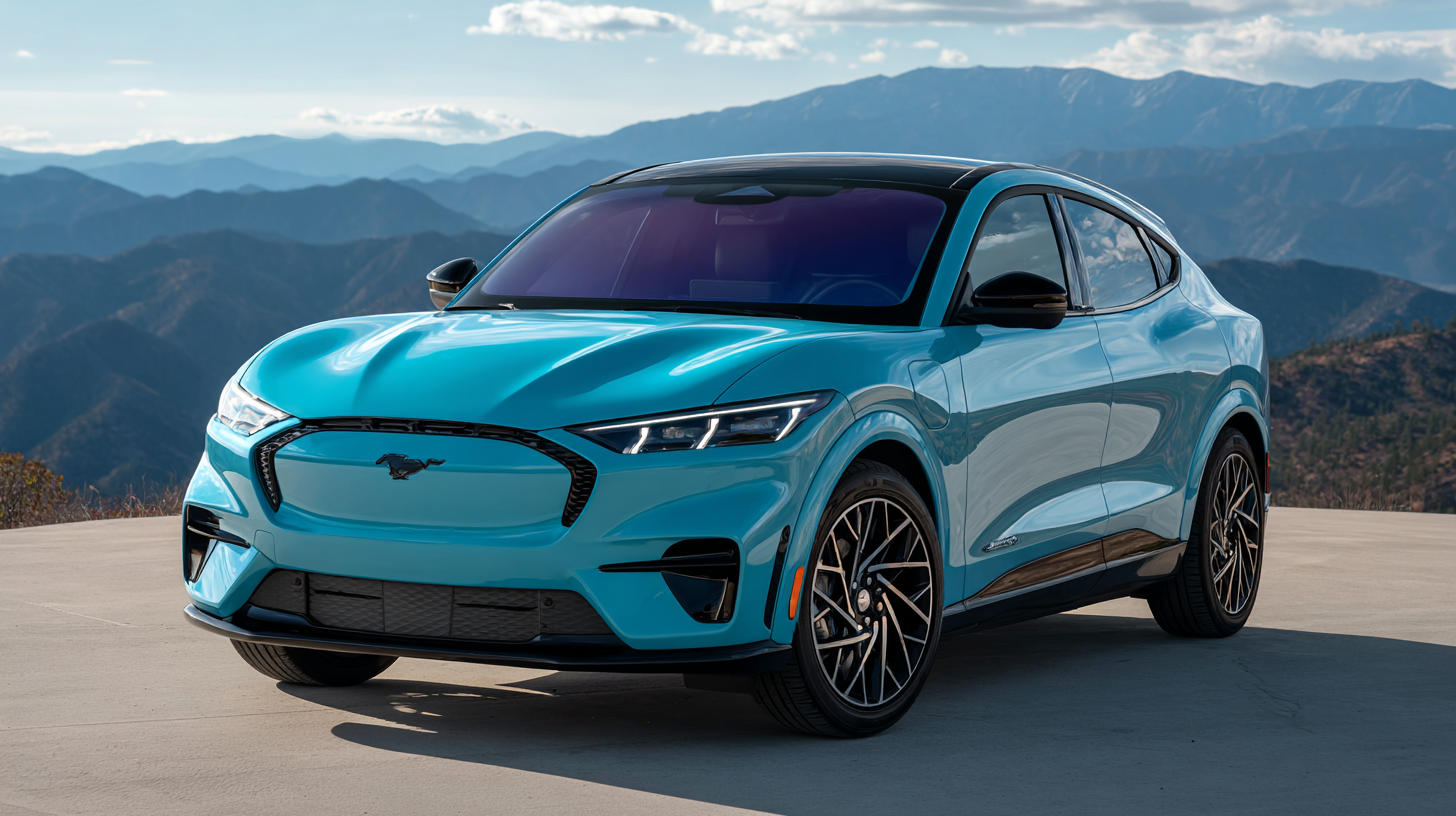
Sales data from 2024 highlights a remarkable surge in electric SUV adoption, driven by advancements in battery technology and a broader selection of models. Key trends show that while some brands face challenges, particularly in European markets with notable declines in sales, the overall outlook remains optimistic. Market leaders continue to innovate, focusing on range, performance, and enhanced features that resonate with the tech-savvy consumer. This shift underscores the importance of understanding market needs and trends for prospective buyers looking to select the best fully electric SUV for their specific requirements.
When selecting the best fully electric SUV, assessing range and performance is paramount. Industry analysts frequently highlight the importance of real-world range estimates versus manufacturer claims. This can provide a clearer picture of how far an electric SUV can actually travel on a single charge, especially under varying driving conditions. Key performance metrics include acceleration times, top speed, and how well the vehicle maintains power over long journeys. Models that excel in these areas tend to offer a more satisfactory driving experience and enhanced confidence for owners.
Moreover, analysts emphasize the significance of charging infrastructure as a critical factor in performance evaluation. A vehicle with a robust range may still fall short if charging stations are sparse. Therefore, it’s essential to consider not only the electric SUV's range but also the availability of charging options along common routes. Selecting a model that balances both range and performance, combined with accessible charging solutions, will ensure that drivers can enjoy the benefits of an electric SUV without the anxiety of running out of power unexpectedly.
When selecting a fully electric SUV, safety features should be a primary consideration. The automotive industry offers a variety of safety standards and ratings to help consumers make informed decisions. Organizations such as the National Highway Traffic Safety Administration (NHTSA) and the Insurance Institute for Highway Safety (IIHS) conduct rigorous testing to evaluate vehicle safety capabilities. These evaluations provide essential insights into how well an SUV can perform in crash scenarios and the effectiveness of its advanced safety technologies, like automatic emergency braking, lane-keeping assist, and adaptive cruise control.
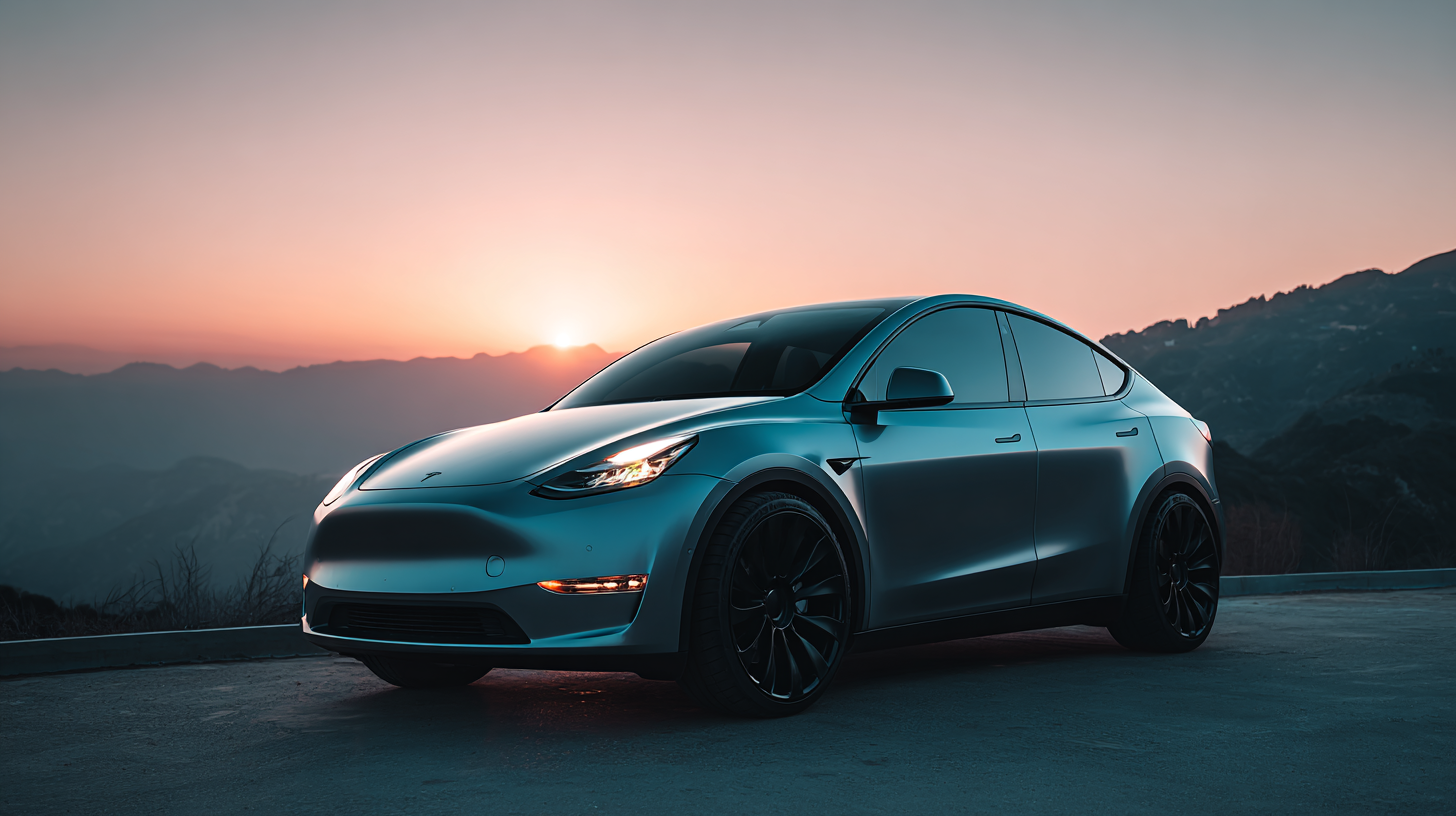
It is crucial to pay attention to the safety ratings these vehicles receive. Higher ratings usually indicate that a vehicle has undergone extensive testing and meets or exceeds safety standards. For example, a five-star rating from NHTSA or a Top Safety Pick designation from IIHS can significantly enhance a consumer's confidence in a vehicle's protective features. Additionally, many manufacturers are incorporating cutting-edge technology to enhance occupant safety, such as improved airbag systems and reinforced structures. By considering these safety ratings and features, prospective buyers can choose an electric SUV that not only fits their lifestyle but also prioritizes their safety on the road.
When selecting the best fully electric SUV for your needs, one of the most critical factors to consider is the charging infrastructure. Different brands offer varying levels of charging availability and speed, which can significantly impact your daily driving experience. For instance, manufacturers like Tesla have established a vast network of Superchargers, allowing for quick recharges during long trips. In contrast, other brands may rely on third-party charging networks that may not be as widespread, potentially leading to longer wait times and less convenience.
Moreover, it’s essential to evaluate the charging speeds offered by different brands. While some EVs can utilize fast chargers that provide a substantial range in just 20-30 minutes, others may only support slower home charging options. This can affect how you incorporate an electric SUV into your lifestyle, especially if you frequently embark on longer journeys. Ultimately, analyzing the charging infrastructure and speed of various brands will help you make a more informed decision when choosing the best electric SUV for your needs.
This chart compares the availability of fast charging stations, standard charging stations, and home charging options, highlighting the growing infrastructure supporting fully electric SUVs.
When evaluating the best fully electric SUVs, understanding the cost of ownership is crucial. According to a report by the International Council on Clean Transportation (ICCT), electric vehicles (EVs) generally save drivers about $4,600 on fuel over the lifetime of the car compared to traditional gas-powered vehicles. This is due to the lower cost per mile for electricity versus gasoline, underscoring the long-term savings aspect of electric SUVs.
However, the initial purchase price of electric SUVs often deters potential buyers. The U.S. Department of Energy reports that the average cost of an electric SUV can be significantly higher than their gasoline counterparts, with starting prices ranging from $40,000 to $70,000. Yet, considering federal tax incentives and declining battery costs, many EVs now offer rebates that can reduce the purchase price by several thousand dollars.
Additionally, a study by Edmunds indicates that the total cost of ownership—including maintenance and insurance—shows that electric SUVs can end up costing less over a five-year period, thanks to fewer moving parts and lower servicing costs compared to internal combustion engine vehicles.

